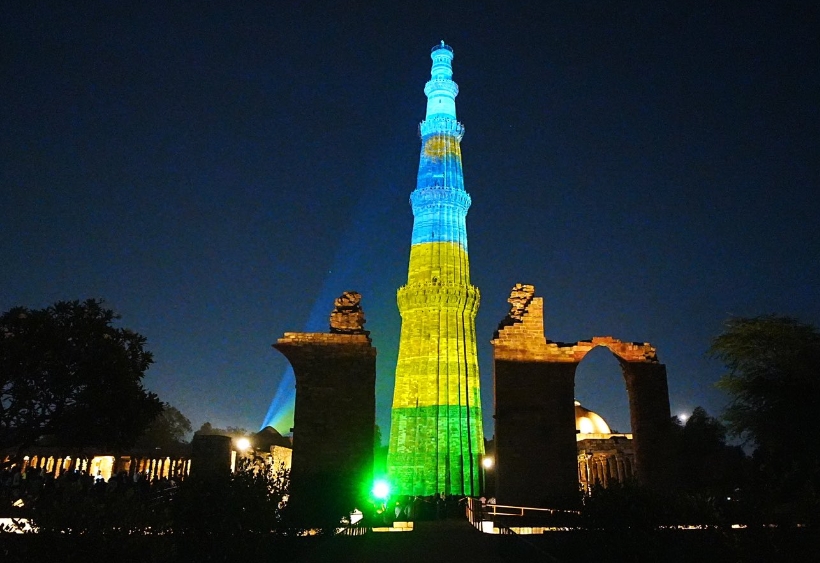International Day of Reflection on 1994 Rwanda Genocide
On April 7, 2024, Rwanda marked 30 years of the genocide orchestrated by armed Hutu extremists. The 100-day massacre, which began on April 7, 1994, claimed the lives of approximately 800,000 people, mostly Tutsis and moderate Hutus.
The genocide is considered one of the bloodiest massacres of the 20th century and was triggered by the assassination of President Juvénal Habyarimana, a Hutu, on April 6, 1994. The international community, including the United Nations, faced criticism for its failure to intervene and prevent the massacre.
Historical Context and Aftermath of the Genocide
The Rwandan Genocide began on April 7, 1994, following the assassination of President Juvénal Habyarimana. The Rwandan Patriotic Front (RPF), a rebel group composed mainly of Tutsi refugees, captured Kigali in July 1994, effectively ending the 100-day killing spree.
The aftermath of the genocide saw the displacement of millions of Rwandans, with many seeking refuge in neighbouring countries. The international criminal tribunal for Rwanda, established by the United Nations in 1994, played a crucial role in bringing some of the perpetrators to justice.
30th Commemoration in 2024
The 30th commemoration ceremony was held in Kigali (Capital of Rwanda) and was attended by several global leaders, including Rwanda’s President Paul Kagame, who led the event by placing wreaths on mass graves. South African leaders, Ethiopian dignitaries, and former U.S. President Bill Clinton were among the attendees. Clinton acknowledged the genocide as the biggest failure of his administration, highlighting the international community’s shortcomings in preventing the tragedy.
From India, Secretary (Economic Relations) Dammu Ravi of the Ministry of External Affairs represented India.
Qutub Minar Lit Up in Rwandan National Flag Colors
As a sign of solidarity with the people of Rwanda in remembrance of the genocide, the Qutub Minar in Delhi was illuminated with the colors of the Rwandan national flag on April 7, 2024.
The Qutub Minar, a UNESCO World Heritage Site, is a 73-meter tall minaret built in the 12th century by Qutb-ud-din Aibak, the founder of the Delhi Sultanate. The illumination of the iconic monument served as a powerful symbol of India’s support for Rwanda during this somber commemoration.
Month: Current Affairs - April, 2024
Category: Important Days & Events Current Affairs








